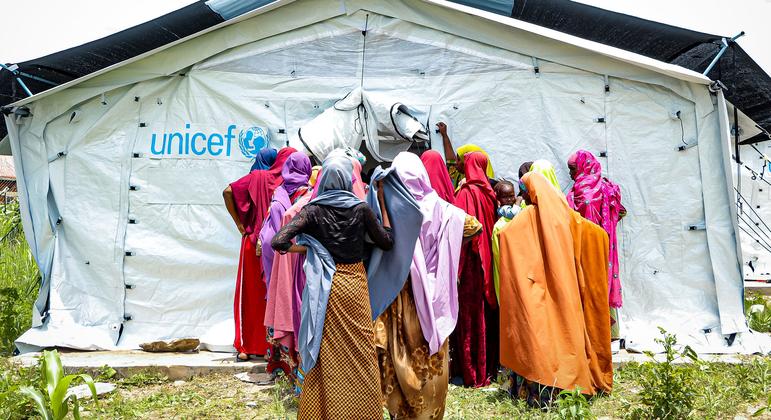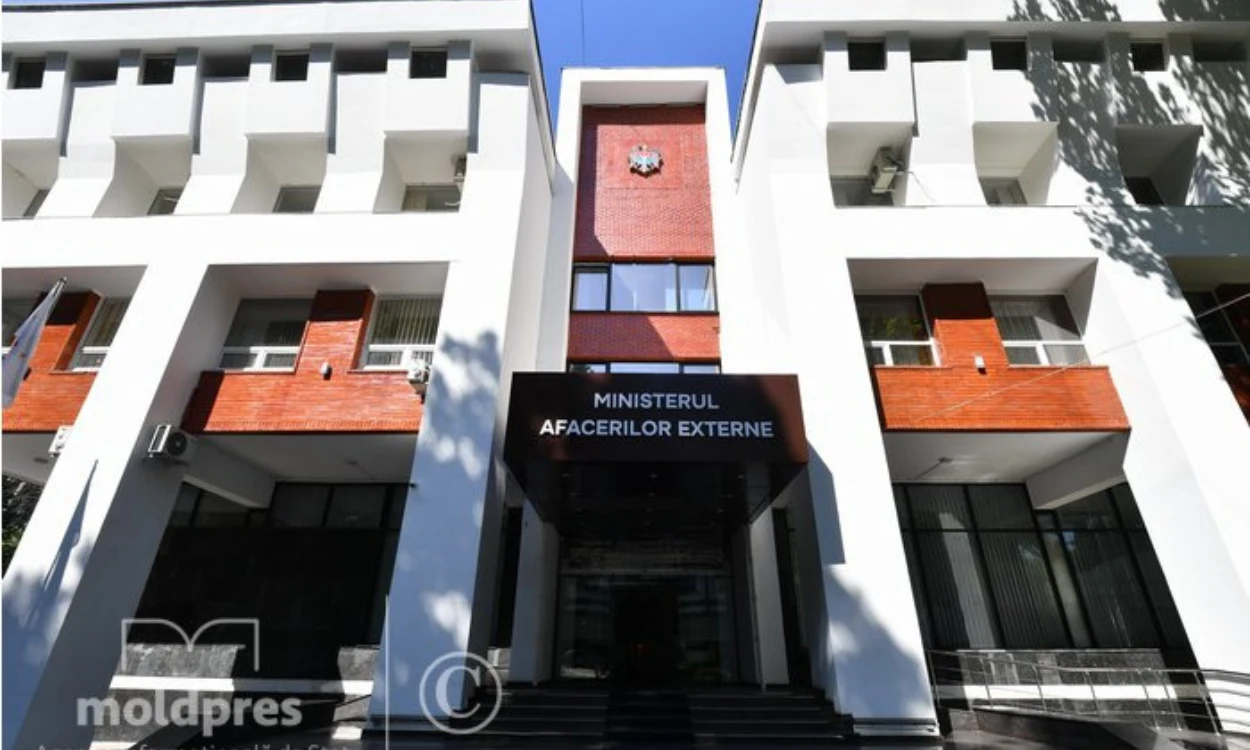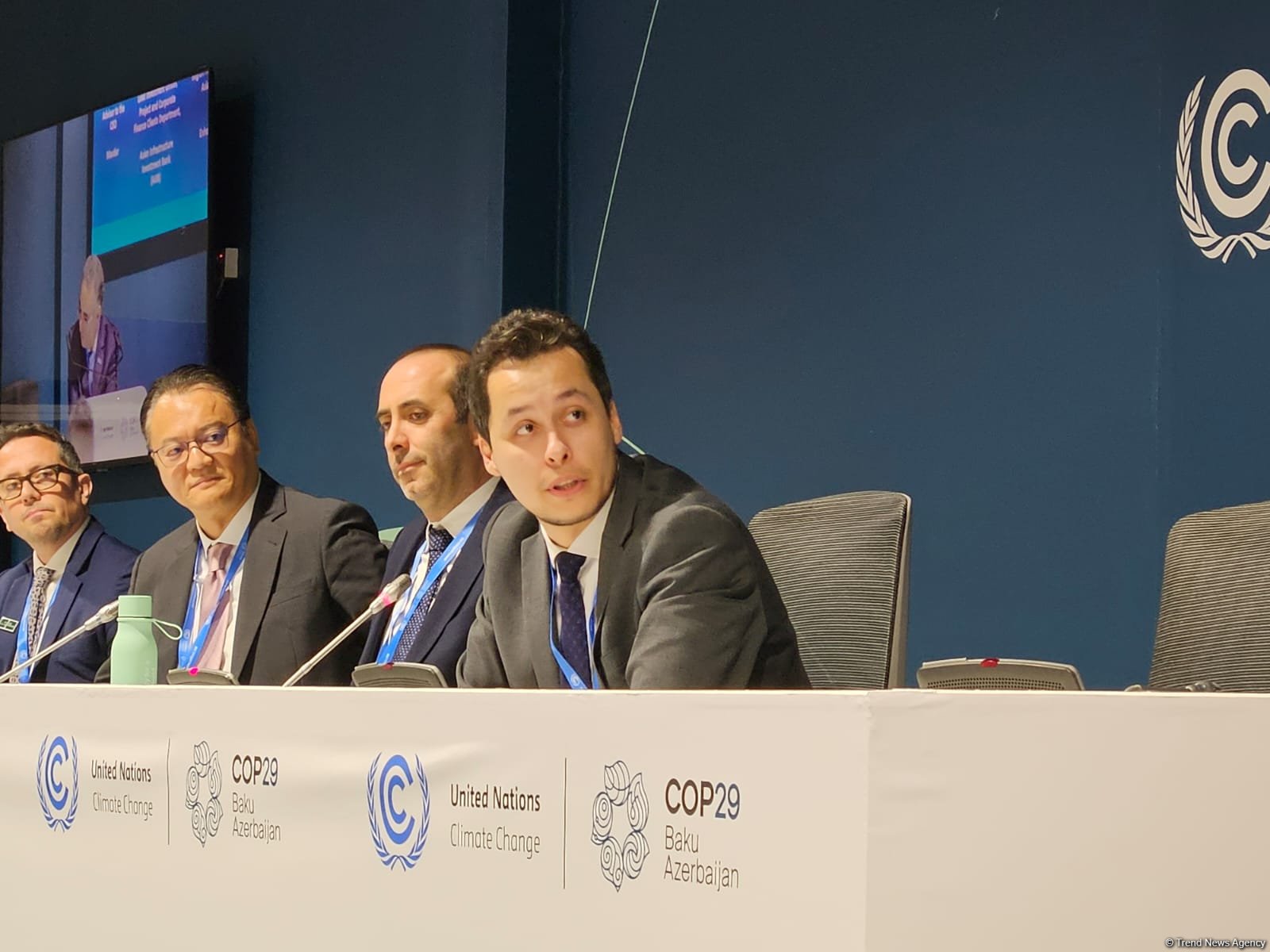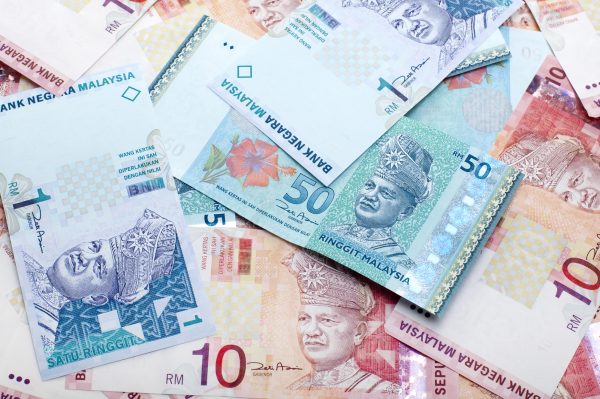The EU should respond to the surge in energy prices with joint action and not abandon its climate goals, says Danish MEP Morten Helveg Petersen.
In a live interview on 12 October, Petersen, who is a member of the Renew Europe group and a vice-chair of Parliament’s energy committee, described the high energy bills that people and businesses are facing as “a serious crisis” that has arisen due to the EU’s over-dependency on imports from Russia.
“This is a wake-up call for all of us who have been dependent on cheap imports from Russia for decades. This is over, this has to stop. We have to become truly independent,” he said, adding that over-reliance on energy supplies from Russia has proved to be a mistake.
Petersen spoke of the difficult choices that EU countries need to make. “On the one hand, governments all over Europe want to help their citizens,” but this can lead to situations where subsidies at national level distort the single market and provide advantage for some at the expense of all others.
“This is one of the many complications that we have to address while ensuring that citizens are not freezing when they go to bed,” he warned while arguing for common solutions. “There are a lot of issues that cry for collective action. We are all in the same boat.”
Parliament adopted a resolution in early October, calling for emergency measures to tackle the rising energy prices, including a cap on imports of pipeline gas. In September, MEPs demanded that renewables should reach a share of 45% in the EU’s energy mix by 2030, from the current target of 32%.
Short-term measures to alleviate the crisis
Redistribution of some of the revenue that energy companies are making could help with dealing with the crisis. As gas prices to a large extent determine the level of electricity prices, all energy producers that use other, lower-cost, sources of energy, end up making big profits at the moment. “It’s fair to say that we need to intervene in order to redistribute some of these profits,” said Petersen.
However, he pointed out the risk that an overhaul of the energy market might discourage highly needed-investments in renewables. “If [investors] sense that politicians come in here every year or every second year to regulate and do something different, then my worry is that they would lack the stability in their mid-term decisions.”
In his view, EU countries should purchase gas together as a bloc instead of outbidding each other as that would “only increase prices further”.
The Danish member also highlighted the need for improvements in energy efficiency. “A lot has to be said about the benefits of energy efficiency, of renovating buildings, because you can do this in the very short term. You can change windows, you can isolate your house – you can do this faster, than, say, build an offshore wind park.”
Energy prices and climate ambitions
The rise in energy prices should be seen as another reason for the EU to continue its diversification of energy sources away from fossil fuels, argued Petersen.
“This sense of urgency, this crisis should only come to reinforce our [climate policy] ambitions given that we want to become independent of supplies of fossil fuels from Russia, but we want to become independent from fossil fuels in the big picture, in any case,” he said.
“It is an argument to maintain ambitions and to speed up, while at the same time acknowledging the real issues out there.”
He also warned against spending billions of euros on fossil fuel projects that may soon become redundant with the advance of the EU’s Green Deal strategy.
“I fully acknowledge the short-term supply issues that are real, I am also pragmatic in looking at what is out there and how we can supply ourselves, but we have to be very much aware of not locking in into fossil fuel infrastructure that eventually we won’t need because in the longer term we want to get out of fossils.”
Watch the interview with Morten Helveg Petersen
Read more:
Energy prices: MEPs call for EU response to focus on the most vulnerable





















Discussion about this post